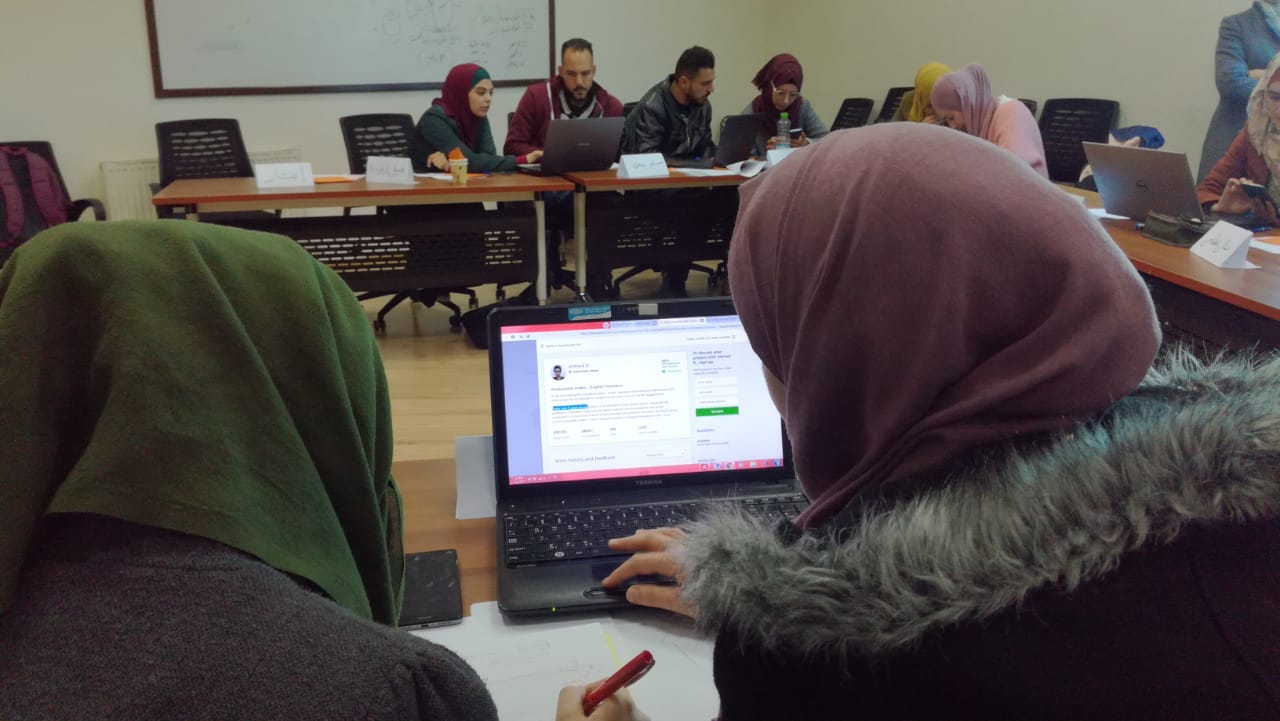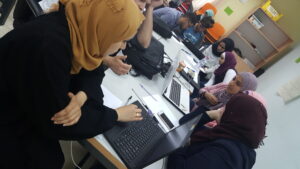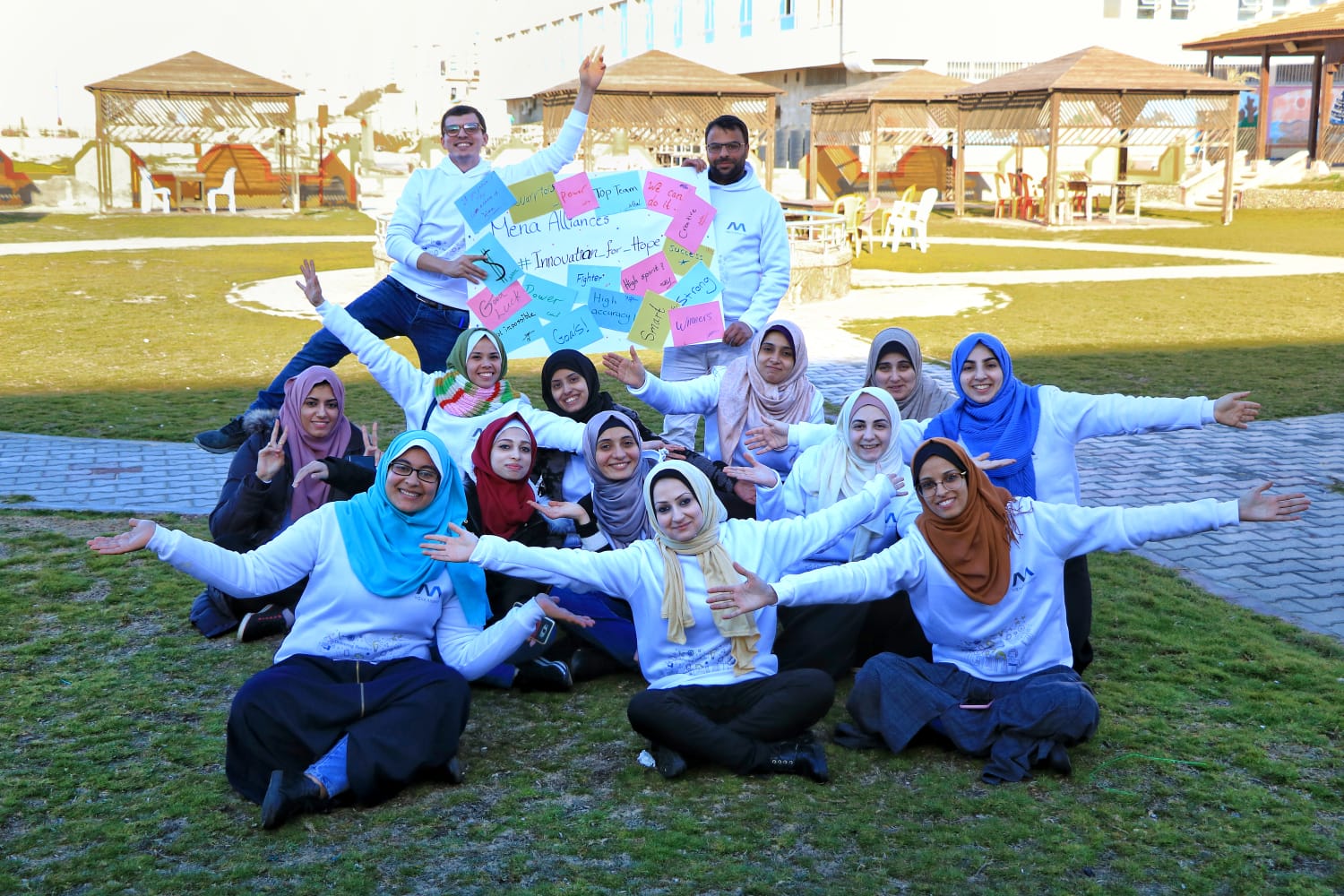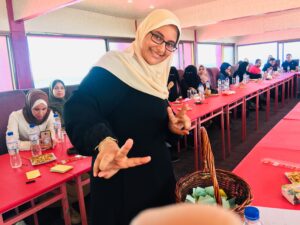In today’s rapidly evolving business landscape, the marriage between AI (Artificial Intelligence) and data has become a cornerstone for success. As business leaders and executives, understanding how to cultivate this relationship effectively can drive innovation, enhance decision-making, and lead to sustainable growth. This article delves into strategies that can help you make the AI and data partnership flourish within your organization.
The Foundation of a Successful Union
At the heart of the AI and data relationship lies the quality and quantity of data available. AI algorithms thrive on large volumes of diverse and clean data. Business leaders need to ensure that data is not only collected comprehensively but is also accurate, up-to-date, and representative of the business landscape.
- Data Governance is Paramount: Establish clear data governance policies and practices. Define ownership, accessibility, and security protocols to ensure data is treated as a valuable asset. An effective data governance strategy builds a strong foundation for AI implementation.
- Embrace a Data-Driven Culture: Foster a culture that values data-driven decision-making. Encourage employees to leverage data in their day-to-day operations and instill the belief that data is a strategic asset that drives growth and innovation.
Preparing for the Wedding: Data Preparation

To maximize the potential of AI, data needs to be refined and prepared for analysis. This step is critical for ensuring the success of AI initiatives.
- Data Quality Enhancement: Invest in data cleansing, validation, and enrichment. Poor data quality leads to inaccurate insights and unreliable AI outcomes.
- Feature Engineering: Understand the context of your business and engineer features that align with AI goals. Feature engineering involves selecting, transforming, and combining variables to improve model performance.
The Harmony of AI Implementation
Implementing AI effectively requires collaboration and coordination between technical and business teams.
- Define Clear Objectives: Identify the specific business problems AI will address. Whether it’s optimizing supply chain logistics or personalizing customer experiences, clarity in objectives is key.
- Selecting the Right Tools: There is a plethora of AI tools available, from open-source platforms to commercial solutions. Choose tools that align with your organization’s needs and existing technology infrastructure.
- Team Collaboration: Collaboration between data scientists, IT, and business units is crucial. Data scientists need a deep understanding of business processes to develop AI solutions that drive real value.
The Journey to Continuous Improvement
The AI and data partnership is not a one-time event; it’s a continuous journey of learning and improvement.
- Iterative Development: AI models and algorithms should be treated as living entities that evolve over time. Continuously update and refine them based on new data and changing business conditions.
- Monitor and Evaluate: Regularly assess AI performance against defined objectives. This includes identifying potential biases, monitoring accuracy, and recalibrating models if necessary.
- Upskilling and Training: Invest in upskilling your workforce to understand AI concepts. Business leaders should also strive to enhance their AI literacy to guide decision-making effectively.
The Role of Humans in the Loop in Data-Centric AI Development

In the journey towards a harmonious AI and data partnership, the role of Humans in the Loop remains paramount. Even during the transition from a model-centric to a data-centric AI approach, Humans in the Loop continues to play a crucial role in five key areas:
- Data Collection and Data Annotation: Humans in the Loop is responsible for curating and annotating high-quality data, ensuring its relevance and accuracy. Their domain expertise contributes to creating training sets, identifying patterns, and extracting valuable insights.
- Exception Handling: While AI excels in well-defined scenarios, handling exceptions and unfamiliar situations can be challenging. Humans in the Loop navigates real-world scenarios, resolves edge cases, and adapts to unforeseen circumstances, enhancing system reliability.
- Continuous Feedback and Iteration Loop: Humans in the Loop actively validates and calibrates AI systems, addressing biases and errors. They monitor AI outputs, provide feedback, and enable quick iterations for faster market entry in the data-centric AI era.
- Ethical Oversight and Decision-Making: Ethical AI systems require human oversight to establish guidelines, define boundaries, and make critical decisions, especially in morally demanding situations.
- Contextual Understanding: Humans bring contextual understanding, comprehending complex nuances and subjective elements that can challenge machines. This understanding leads to reliable and informed decision-making.
To delve into practical use cases showcasing the pivotal role of Humans in the Loop in data-centric AI development, explore examples from MENA Alliances that highlight the impact and significance of this collaborative relationship. These use cases illuminate the path from model-centric AI to a holistic data-driven approach, showcasing how the partnership between humans and technology creates a harmonious symphony of innovation and progress.
The Road Ahead

The partnership between AI and data holds immense promise for businesses. However, success requires commitment, dedication, and a strategic approach. By prioritizing data quality, fostering a data-driven culture, and nurturing cross-functional collaboration, business leaders can ensure that their AI initiatives yield tangible and sustainable results.
In this era of digital transformation, the AI and data marriage is not just an option—it’s a necessity for staying competitive and relevant. As business leaders and executives, your commitment to making this union work will undoubtedly shape the future of your organization.
Remember, the journey might be challenging, but the rewards are limitless.
Embrace the Power of AI and Data Collaboration to Ignite Innovation and Growth! Visit MENA Alliances Today!






 Figure Eight
Figure Eight Huda Wajeh Matrabie is an example of how MENA Alliances developed success in an individual. Huda recently had the opportunity to work on a year-long data-labeling project. Her technical and people skills shined through as she learned the skills of freelancing remote jobs.
Huda Wajeh Matrabie is an example of how MENA Alliances developed success in an individual. Huda recently had the opportunity to work on a year-long data-labeling project. Her technical and people skills shined through as she learned the skills of freelancing remote jobs. 